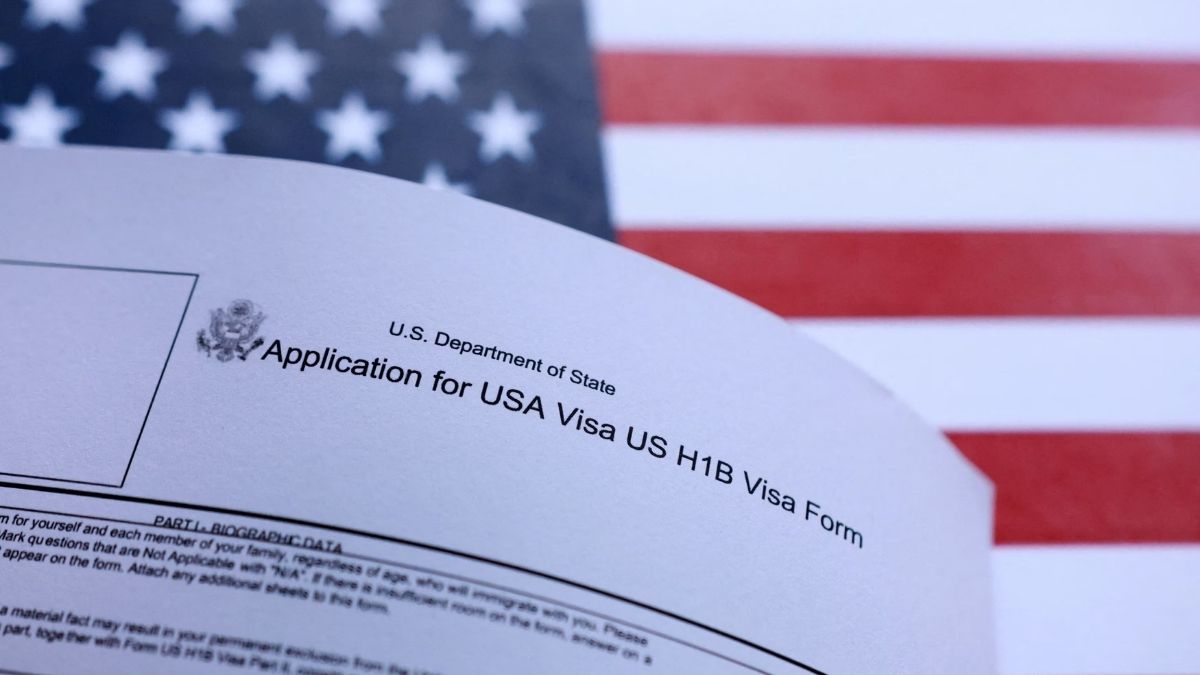Hindu American Foundation Warns: H1-B Criticism Fueling Online Hinduphobia and Anti-Indian Racism
This report highlights the concerning escalation of immigration policy debates into overt racism and xenophobia, directly impacting the well-being and sense of belonging for skilled visa holders and their communities.

Subscribe to our newsletter and stay informed about latest H1B news, policy updates and and other developments.
Article Summary
The Hindu American Foundation (HAF) reports that criticism of the H1-B visa program is escalating into online Hinduphobia and anti-Indian racism. HAF cited social media posts and protests, including masked men carrying placards with derogatory messages against Hindu divinity and linking H1-B holders to 'foreign demons' and 'massive demographic shifts.' These incidents, particularly around Diwali celebrations, are allegedly being used to propagate anti-India sentiment and support stricter H1-B policies.
Original Article: financialexpress.com
[ Sentiment: negative | Tone: factual ]
This summary and analysis were generated by TheNewsPublisher's editorial AI. This content is for informational purposes only; it does not constitute legal or immigration advice.
[ Sentiment: negative | Tone: factual ]
This summary and analysis were generated by TheNewsPublisher's editorial AI. This content is for informational purposes only; it does not constitute legal or immigration advice.
TNP AI: Key Insights
This report underscores a critical 'so what?' for H1-B visa holders and their employers: the increasing politicization of immigration debates can manifest as direct social hostility and discrimination. Beyond policy changes, the personal safety and psychological well-being of skilled workers, especially those of Indian descent, are being impacted, creating a more challenging environment for both individuals and companies reliant on international talent.
For employers and HR professionals managing international talent strategies, this trend signals potential difficulties in attracting and retaining skilled workers from affected communities. It highlights the importance of fostering inclusive workplaces and actively addressing xenophobia, even when it originates from broader societal discussions around immigration policy, as such sentiments can significantly affect employee morale and productivity.




